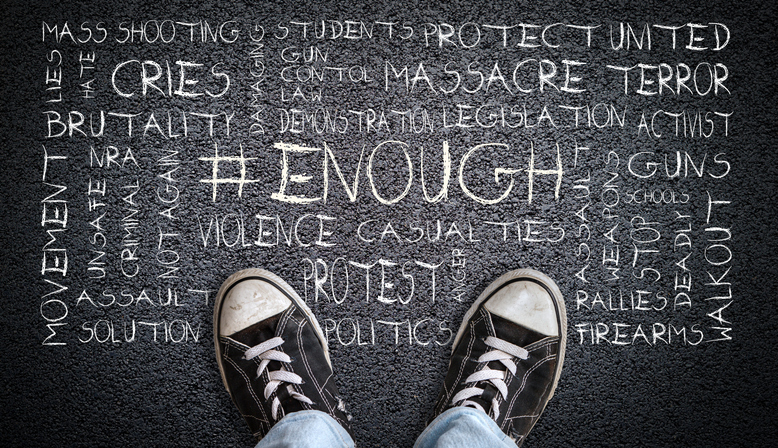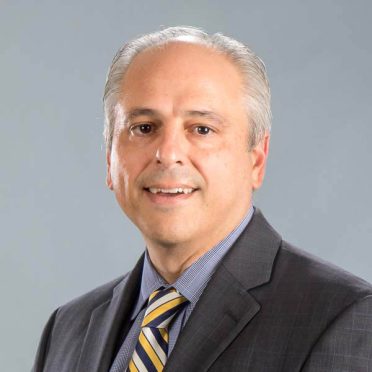A national report from behavioral health leaders, including two from the Hartford HealthCare’s Behavioral Health Network (BHN) dispelled popular beliefs that mass violence is caused by people with mental illness.
Released Tuesday by the Medical Director Institute (MDI) of the National Council for Behavioral Health, “Mass Violence in America: Causes, Impacts and Solutions” is a response to the string of events of mass violence that examines the reasons, contributing factors and actionable solutions.
The report recommendations include:
- Create threat assessment teams with members from human resources, law enforcement, legal teams, security departments and behavioral health clinicians.
- Enact state extreme-risk protection orders (also known as red flag laws) to allow for the temporary removal of guns from individuals known to pose a high risk of harming others or themselves in the near future.
- Involve mental health professionals in threat assessments conducted by law enforcement and the implementation of red flag laws.
- Require training for all clinicians on violence risk assessment.
- Schedule Mental Health First Aid training in schools, law enforcement agencies and communities with high-risk groups.
- Reexamine the effectiveness of zero-tolerance policies and security measures like bulletproof glass and metal detectors in schools.
“It is critical for the behavioral healthcare community to weigh in as the nation’s policymakers and the public point to mental illness as a major cause of such tragic events as El Paso, Dayton and Gilroy,” said Dr. John Santopietro, physician-in-chief of the BHN who was also involved in leading the psychiatric response to Sandy Hook.
According to the MDI report, “people with serious mental illness are responsible for less than 4 percent of all violence and less than one-third of mass violence.” Statistics, the report states, indicate that most people who commit mass violence do not have a serious mental illness.
Dr. Santopietro and Dr. J. Craig Allen, medical director of Rushford, were included on the expert panel drafting the report as clinicians who treat people with mental illness and substance use disorders. Others on the panel included policymakers, researchers, educators, advocates, law enforcement, judges, FBI personnel and Sue Klebold, whose son was involved in the Columbine shooting and has devoted her life to preventing similar tragedies. Together, they conducted an evidence-based analysis of mass violence.
“There is no one cause for mass violence and, as a result, there is no one solution. This is a community problem that will require communities to band together and address it as a group,” Dr. Allen said. “Communities across the nation need to start this conversation and work through logical and effective solutions. This report offers a guide for reducing and even preventing mass violence.”
One suggestion, Dr. Santopietro added, is already offered through the BHN. Free Mental Health First Aid training helps people feel able to help someone experiencing a mental health-related crisis. This includes the warning signs and risk factors for mental health and addiction concerns, strategies for helping someone in crisis and non-crisis situation, and where to turn for help.
Sessions are held regularly and some arespecifically for youth. For more information, go to https://hhcbehavioralhealth.org/about-us/initiatives/mental-health-first-aid.
For the full MDI report, go to https://www.thenationalcouncil.org/wp-content/uploads/2019/08/Mass-Violence-in-America_8-6-19.pdf


